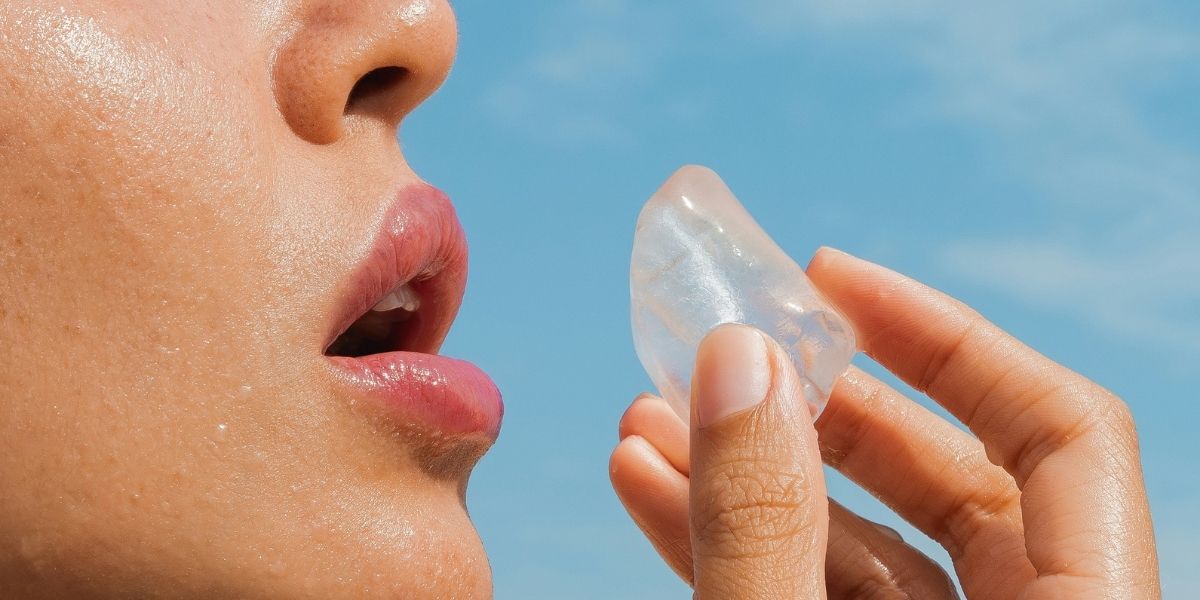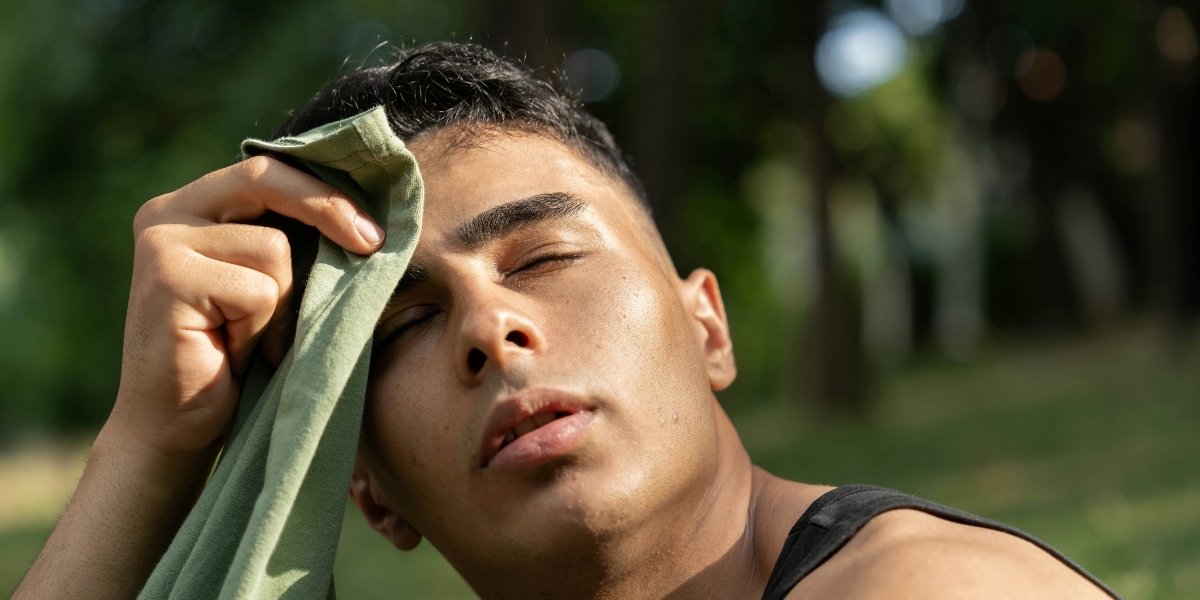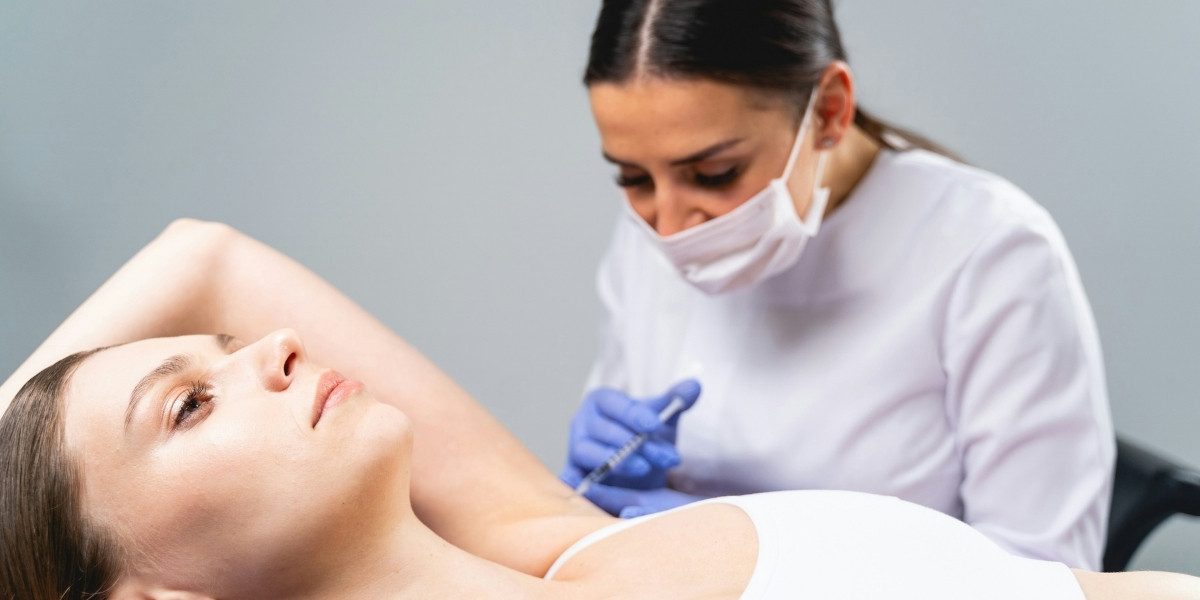Excessive sweating, a condition known as hyperhidrosis, is far more than a minor inconvenience. For a person who lives with this condition, the constant dampness can be a source of social anxiety, professional stress, and emotional distress. Unlike the normal sweating that occurs from heat or exercise, hyperhidrosis is the result of overactive sweat glands that produce more sweat than the body needs to regulate its temperature. The good news is that there are many effective ways to stop excessive sweating, ranging from simple lifestyle changes and over-the-counter products to advanced medical treatments.
Read Also: Splash into Summer: Why Swimming is the Perfect Summer Activity
The key to finding a solution is to understand that what works for one person may not work for another. The best course of action depends on the severity of the condition, the areas of the body that are affected, and a person’s overall health. A person should always consult with a healthcare professional to get an accurate diagnosis and to discuss the treatment options that are right for them. This article is for informational purposes only and is not a substitute for professional medical advice. By understanding the full range of available treatments and remedies, a person can take a proactive step towards regaining comfort and confidence.
What is the Difference Between Over-the-Counter and Prescription Antiperspirants?
For many people, the first step to manage excessive sweating is to use an antiperspirant. While these products are widely available at any drugstore, there is a significant difference between the standard over-the-counter options and those that require a prescription. Most standard antiperspirants contain a low concentration of aluminum compounds, which form a temporary plug in the sweat glands to reduce perspiration. They are often combined with deodorants to mask body odor. These products can be effective for mild to moderate sweating, and a person should apply them to clean, dry skin at night for the best results.

If a person’s sweating is not controlled with a standard product, a healthcare professional may recommend a prescription-strength antiperspirant. These products contain a higher concentration and a different type of aluminum compound, such as aluminum chloride hexahydrate, which is much more effective at blocking the sweat glands. Because they are more potent, they can sometimes cause skin irritation if they are not used correctly. A person using a prescription-strength product will often apply it sparingly at night to completely dry skin and may need to use it only a few times a week to keep sweating under control. The use of these stronger products is a logical next step for a person who wants to stop excessive sweating without moving to a medical procedure.
How Do Medical Treatments Help Stop Excessive Sweating?
When antiperspirants do not provide sufficient relief, a healthcare professional may suggest a more advanced medical treatment. One of the most common options is iontophoresis, a non-invasive procedure primarily used for excessive sweating of the hands and feet. The person places their hands or feet in a shallow tray of tap water, and a medical device passes a mild electrical current through the water. While the exact mechanism is not fully understood, it is believed that the electrical current temporarily blocks the sweat ducts, preventing sweat from reaching the surface of the skin. A person typically needs several sessions a week at first, and then can reduce the frequency to a maintenance schedule.
Another widely used and highly effective medical treatment to excessive sweating is the use of botulinum toxin injections. A medical professional injects a small amount of the substance directly into the sweat glands in the affected area, such as the underarms, palms, or soles of the feet. The substance works by temporarily blocking the nerve signals that tell the sweat glands to produce sweat. The results can last for several months, and the person will need to repeat the injections to maintain the effect. While this treatment can have some side effects, such as mild pain or bruising at the injection site, it is a safe and effective option for a person with severe hyperhidrosis.
What Lifestyle Changes Can Help Manage Sweating?
Beyond medical treatments, a person can make several simple lifestyle changes that may help manage excessive sweating. The first step is to be mindful of clothing choices. Wearing loose-fitting, breathable fabrics such as cotton, linen, or silk can allow air to circulate and keep the body cooler, which can help to reduce perspiration. A person should avoid tight clothing and synthetic materials like polyester, which can trap heat and moisture, making sweating feel worse and potentially leading to a body odor. A person should also carry an extra shirt or a change of clothes with them, especially if they anticipate a stressful situation or an increase in physical activity.

Dietary habits also have an impact on how a person sweats. Certain foods and drinks are known to trigger the sweat glands and can make a person’s sweating more severe. These include spicy foods, hot beverages like coffee or tea, and alcohol. A person who wants to stop excessive sweating may find that reducing or eliminating these items from their diet can have a noticeable effect on their symptoms. Staying hydrated by drinking plenty of water can also help the body regulate its temperature and prevent it from overcompensating with sweat. These small changes in daily routine can make a big difference in a person’s overall comfort.
Can Natural Remedies Help Stop Excessive Sweating?
Many traditional and natural remedies have been used for years to combat sweating. While there is less scientific evidence to support their effectiveness compared to medical treatments, some people find that these home remedies can provide a degree of relief. For example, some people have found success by applying baking soda to the affected area. Baking soda is known for its ability to absorb moisture and can help neutralize odor. Another remedy that is commonly suggested is witch hazel, an astringent that can be applied to the skin to help reduce perspiration.
Read Also: Why More People Are Turning to Calisthenics for Fitness
Another popular remedy is drinking sage tea, which is believed to have properties that can help reduce sweating. Sage contains certain compounds that are thought to affect the sweat glands, and a person may find that drinking a cup of sage tea once or twice a day can help with their symptoms. A person may also consider a cold bath or shower to lower their body temperature and reduce sweating. While these natural approaches may not be a definitive solution for severe hyperhidrosis, they can be a useful and low-risk option to explore, especially for a person who is looking for ways to supplement their existing treatment plan. The most important thing is to be realistic about the potential outcomes and to consult with a professional.








